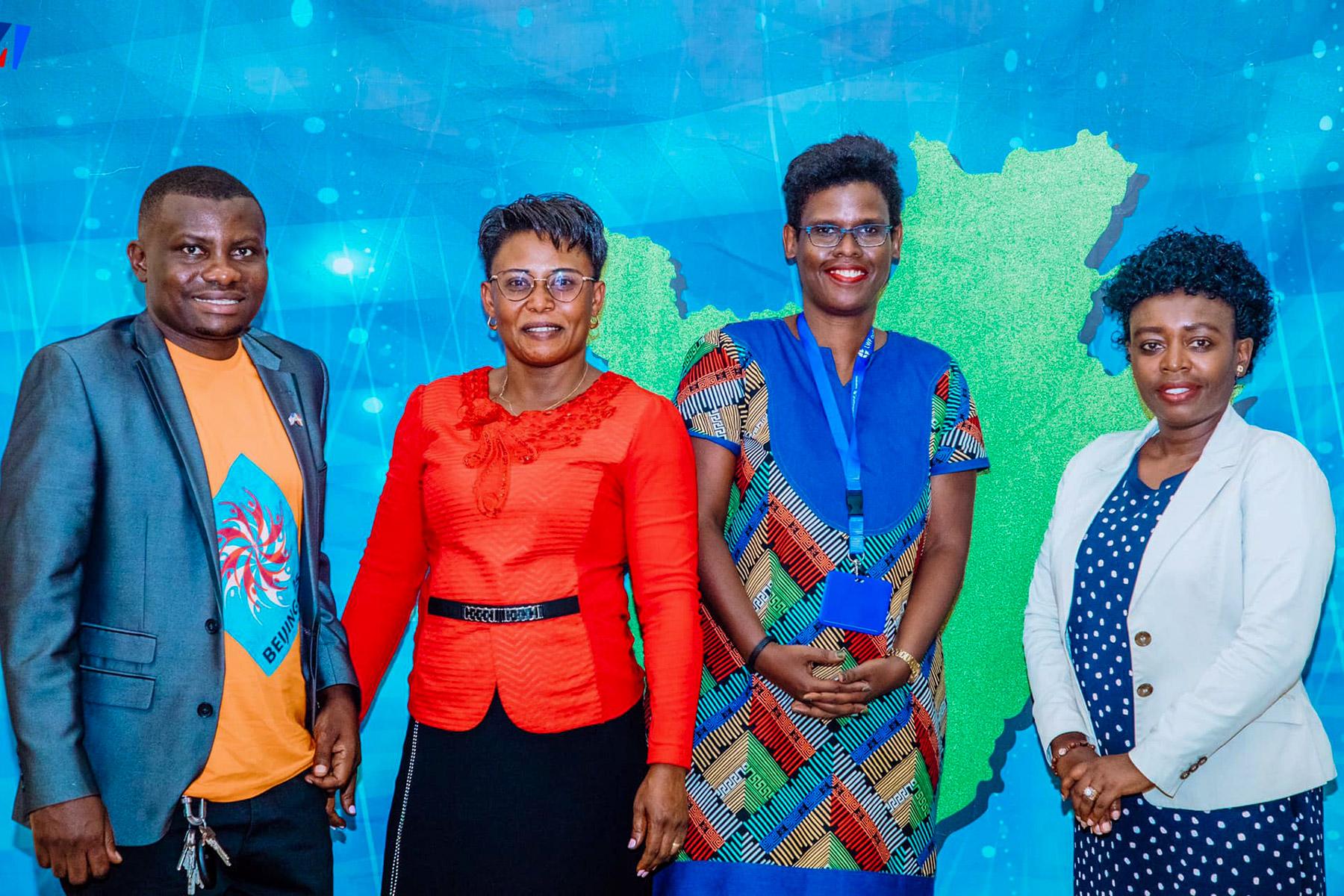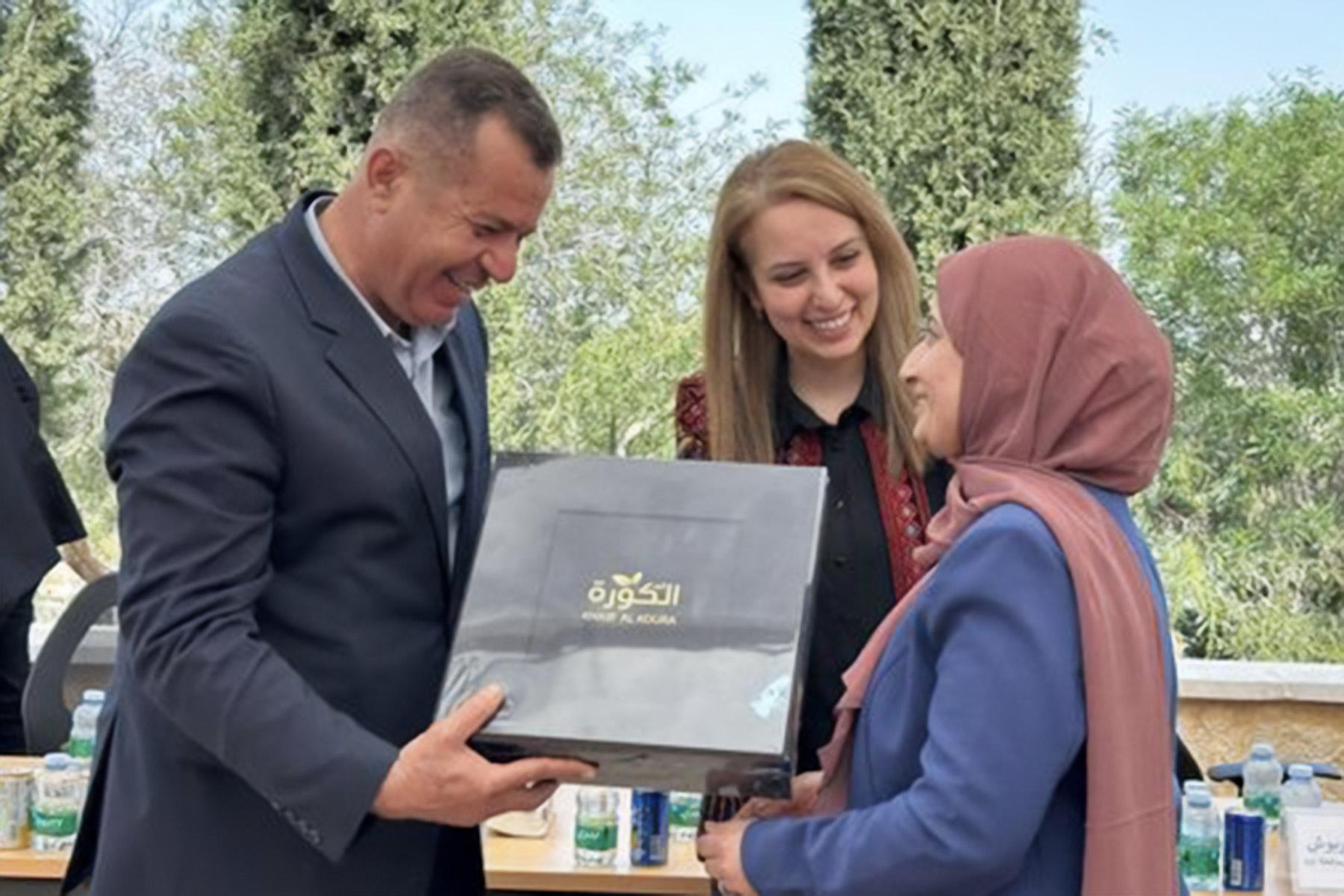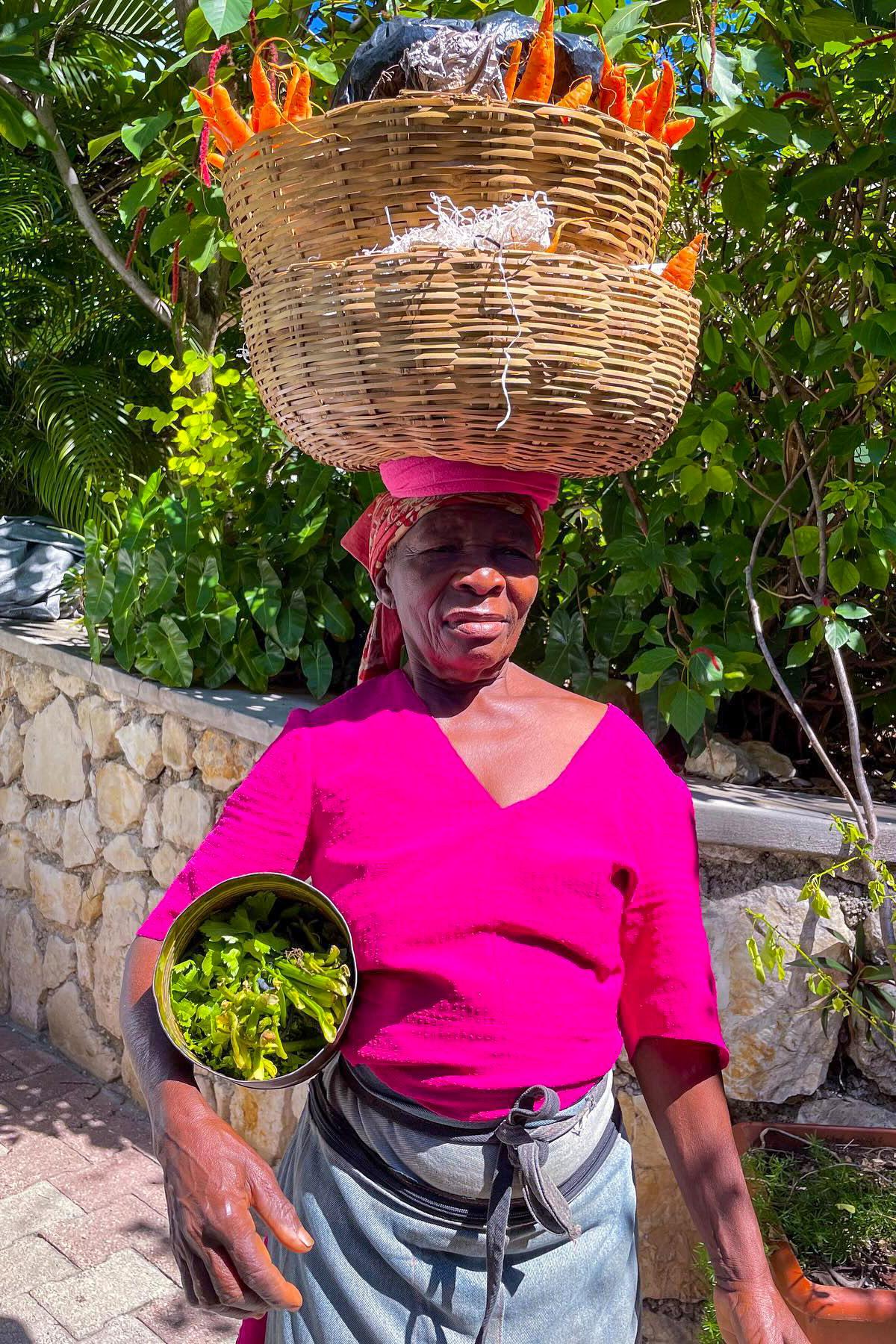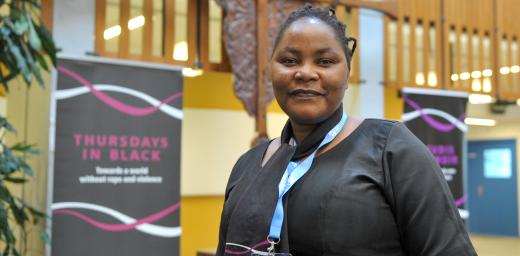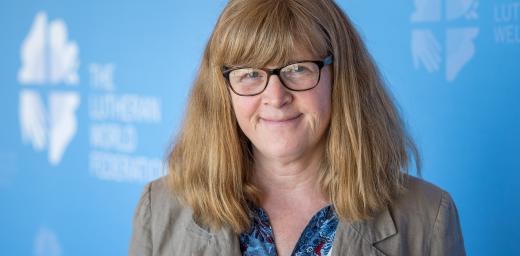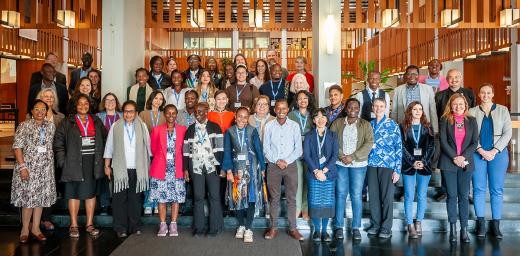Focus on women’s economic empowerment
(LWI) - The Lutheran World Federation (LWF) humanitarian programs in many countries are using International Women’s Day to raise awareness about women’s rights by engaging in dialogue with local communities and authorities. The common themes across the LWF country programs in Africa, Asia and Latin America and the Caribbean include advancing inclusion and gender justice, without which there can be no protection or meaningful development. Many are also engaging with the international campaign “Invest in Women” by the International Labor Organization, that is also promoted in the Commission on the Status of Women (CSW).
"It is inspiring to see the deep involvement of LWF country programs in women empowerment all over the world,” says Lokiru Yohana, LWF Head of Policy and Thematics in LWF World Service. “This is in keeping with LWF’s commitment to gender justice, a pre-requisite for a just, peaceful and reconciled world. “
Burundi: Panel discussion on national radio
Already on 5 March, the voice of the LWF Country Program in Burundi could be heard on national radio: LWF Country Representative Martine Nibasumba discussed women’s rights and socio-economic empowerment of women with gender justice experts from the government and civil society.
A woman who is aware of her rights and economically autonomous contributes better to society.
Martine NIBASUMBA, LWF Country Representative, Burundi
As Burundi’s economy is based on agriculture, and women are 70 percent of the farming population, they are seen as key players in the country’s development. LWF in Burundi works with women in rural communities through loans and savings groups, among others. “"A woman who is aware of her rights and economically autonomous contributes better to society,” Nibasumba said. “It is part of our role as women to inspire and influence our sisters to change their mentality and understand that a woman has all the capacities to realize her dreams."
Jordan and Uganda: "Count her in”
In 2024, economic empowerment is an important topic. LWF Uganda, together with the Uganda Women’s Parliamentary Association, organized a national event dialogue on 6 March 2024 with the theme “Count her in: Accelerating gender equality through economic empowerment”. LWF Country representative Adriana Chitanana highlighted the situation of Ugandan refugee women, who benefit from the country’s open-door policy, but face inequality, discrimination and gender-based violence.
“For refugee women there are additional barriers to economic empowerment, limited access to formal employment, lack of access to land, limitations affecting freedom of movement, lack of collateral for loans, and limited market opportunities,” Chitanana said, calling for strong partnerships to address these challenges. LWF in Uganda works in the large refugee settlements in the Southwest and North of the country, addressing gender-based violence, harmful traditional practices, and building livelihood opportunities for women and men.


